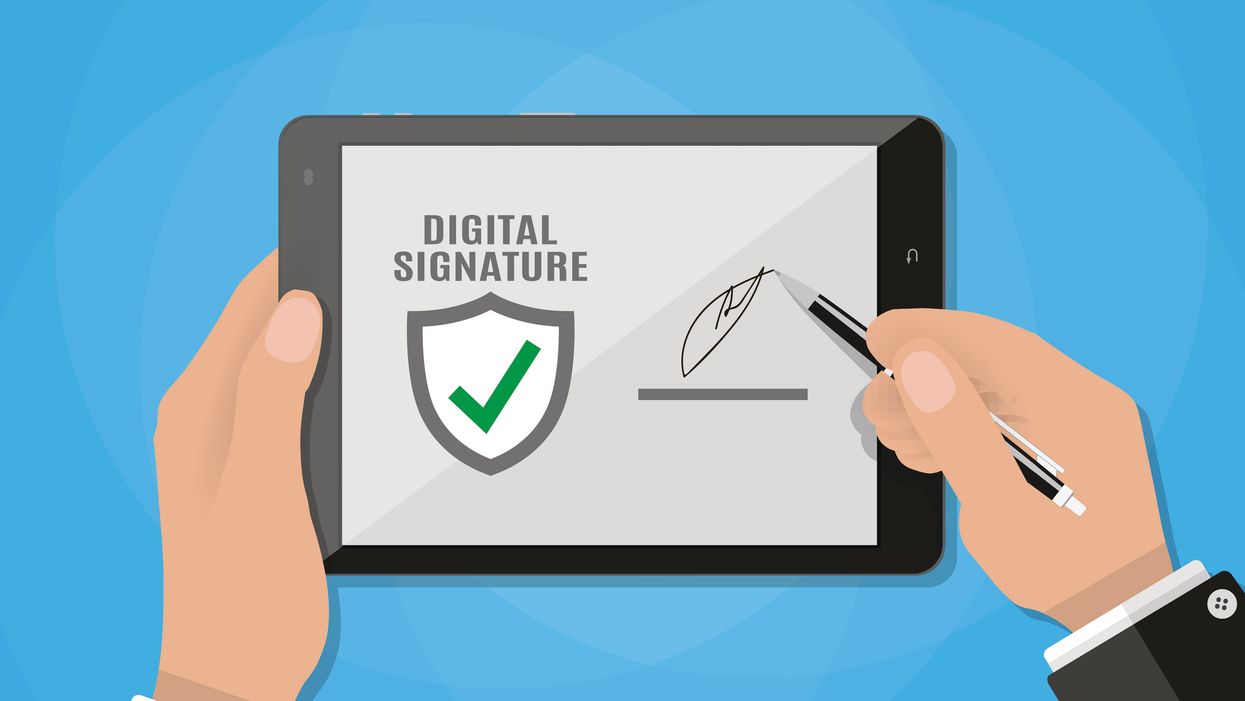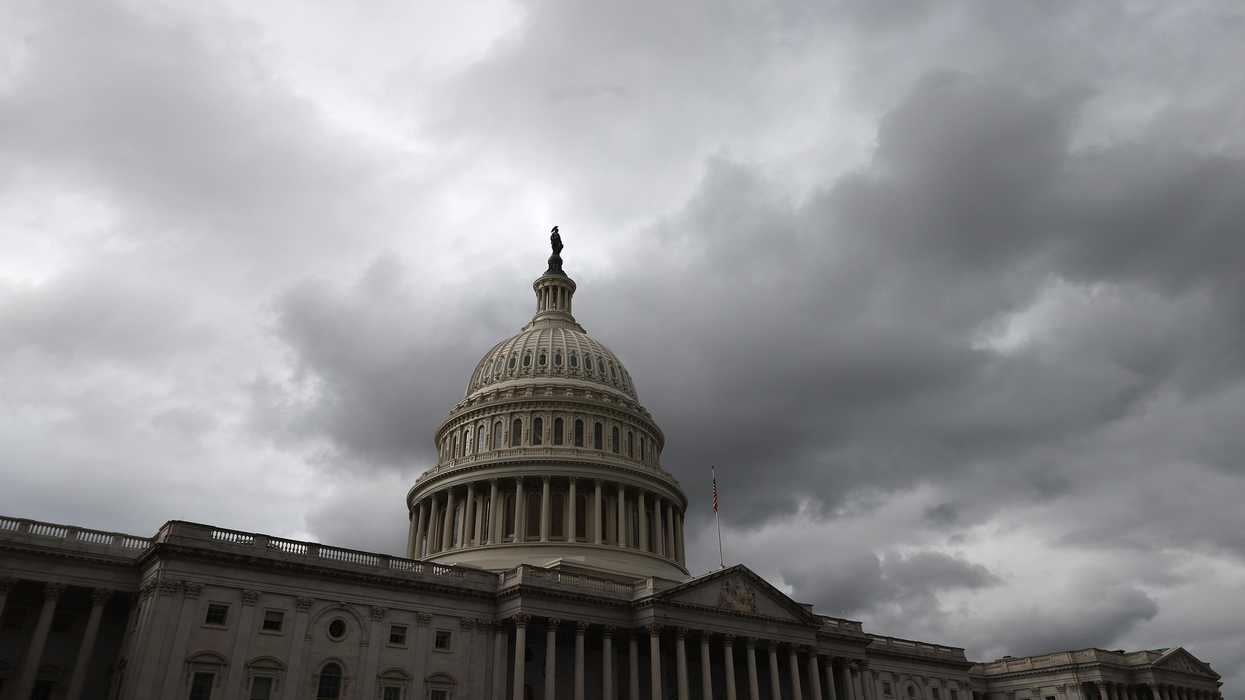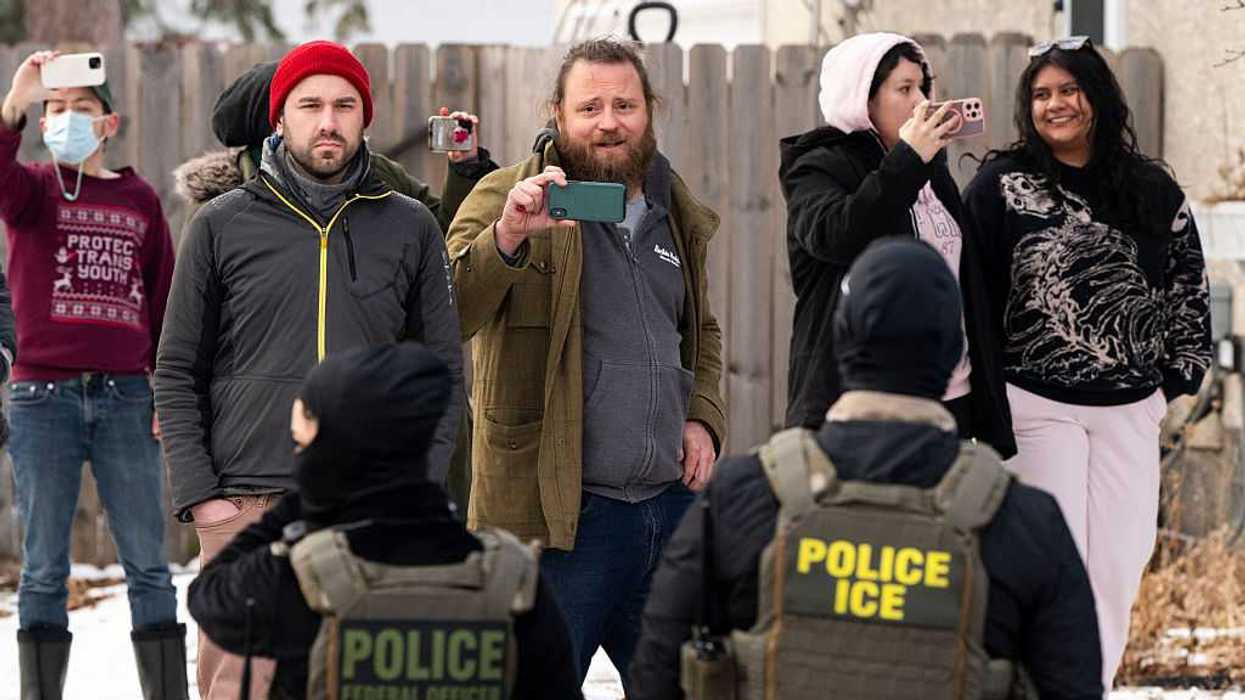The number of cases is still small, but campaigns to allow electronic signatures to replace handwriting on ballot petitions are starting to fare better in federal court than state court.
The issue is central to keeping grassroots democracy alive despite the coronavirus — by allowing activists to show enough support for their ideas that they merit being put to a statewide vote, but in a safe and practical way while in-person canvassing remains both a profound health risk and prohibitively inefficient.
A potential breakthrough came Tuesday, when a federal judge said groups promoting a package of voting law changes, a minimum wage increase and marijuana decriminalization in Ohio should be allowed to circulate their petitions online.
It was the first time advocacy groups have won such a victory in federal court since the pandemic began, while such arguments have been rejected several times by state courts — including the Ohio Supreme Court in this case and by the Arizona Supreme Court last week.
"These times, however, are not ordinary," Judge Edmund Sargus Jr. of Columbus wrote, and the groups who sued were not out to get rid of the paper-and-ink rules forever. "Plaintiffs instead contend that they are unconstitutional as applied to them during this extraordinary time. That is, the Covid-19 pandemic has made it impossible to circulate petitions in person."
The judge also extended the deadline for submitting signatures by a month, to the end of July. But he declined to lower the number of voters who must e-sign onto each effort.
Republican Secretary of State Frank LaRose has already vowed to appeal on the grounds that the judge had usurped the power of the General Assembly to change election rules.
But the place where that argument will be made, the 6th Circuit Court of Appeals, rejected a similar claim in a ballot access case only a month ago. It struck down Michigan's rules requiring candidates to gather signatures in person to get on the ballot — saying that was unconstitutional during a public health emergency. The state has since started allowing people to submit electronic petitions to run in the August primary.
Grassroots groups promoting referendums in six other states — Arizona, Arkansas, North Dakota, Montana, Arizona, Colorado, and Oklahoma — have also sued in state and federal courts in hopes of changing signature rules or getting deadlines extended. Three of those campaigns are from groups hoping to combat partisan gerrymandering. But efforts in many more states have been suspended in the face of the pandemic.
The Ohio ruling is another courthouse victory for Ohioans for Safe and Secure Elections, which is pushing for the most comprehensive package of potential election law easements anywhere in the nation this year. Central provisions would make Ohio the 17th state that automatically registers eligible residents when they do business with the motor vehicle bureau, and the 22nd state that permits people to both register and cast ballots on Election Day.
Last month an effort to break the measure into four pieces, which was widely expected to reduce its chances, was stopped by the state's highest court. But proponents say that, electronic signatures notwithstanding, they will still struggle to get the necessary 453,000 supporters lined up in the next 10 weeks.
That same threshold will apply to the group pushing an initiative that would raise the state's minimum wage to $13 over the next five years. Backers of marijuana decriminalization are hoping to place their measures on more than a dozen local ballots, which have much lesser signature requirements.
GOP Gov. Mike DeWine significantly relaxed his stay-at-home order this week but left in place six feet of mandatory social distancing and a ban on gatherings by more than 10 people — both curbs that will make in-person signature gathering impractical.
All the groups told the court they would use DocuSign, which is in wide use for real estate closings and other business transactions, and would require signers to give up the last four digits of their Social Security numbers — the same verification required to register or get an absentee ballot online in the state.





















